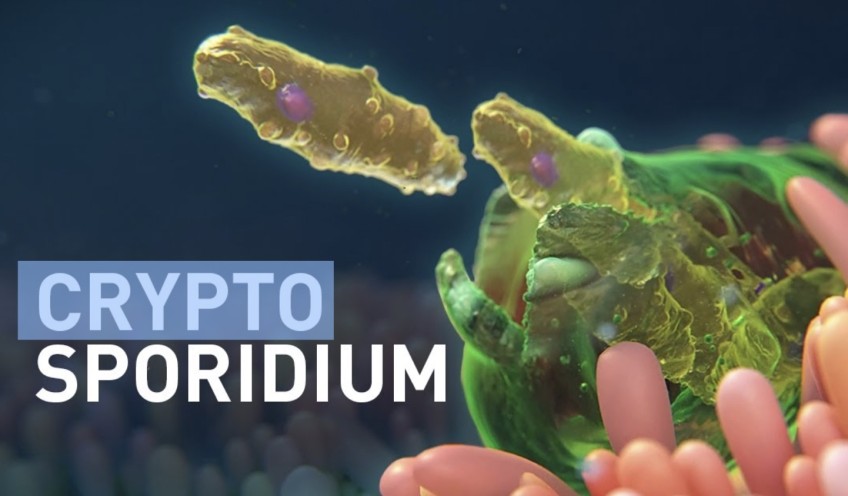
Queenstown crypto cases rise to 56 but no source found
As of 10 am, Sunday 1 October, there are 56 confirmed cases of cryptosporidium (crypto) in Queenstown, 12 probable cases, and 8 under investigation.
Dr Susan Jack, Medical Officer of Health, said that the source of infection has yet to be identified, but investigations are actively ongoing.
Dr Jack said she and her team are working closely with Queenstown Lakes District Council, Taumata Arowai and the Ministry of Primary Industries to ensure all possibilities are being considered.
Bathing Children and Sharing Bathwater
Sharing bathwater can spread crypto to other people. If you or any of your children, including babies, have had crypto, or crypto symptoms, please do not share bathwater until symptom free for two weeks.
For up to two weeks after a person has had crypto, the little cryptosporidiosis cysts can still be present, even if you don't have symptoms. The cysts can break off and go into the water, where they can survive outside the body and spread to anyone else who uses that water.
Anyone, including children and babies, who has had symptoms of crypto (diarrhoea) should enter a swimming or spa pool either, until they have been symptom free for two weeks.
Secondary Infections
Public Health are aware of some cases of secondary infection of crypto. This means that there are some people who are getting it from people they live or work with.
It is very important that everyone practise good hand hygiene to stop the spread of crypto to other people.
Wash your hands with lots of soap and water for at least 20 seconds and then dry them thoroughly on a clean towel.
If someone in your household has crypto, please make sure all surfaces, including door handles, are cleaned regularly with a cleaning product that contains hydrogen peroxide. Chlorine based products do not work against crypto and bleach-based products are not as effective.





























